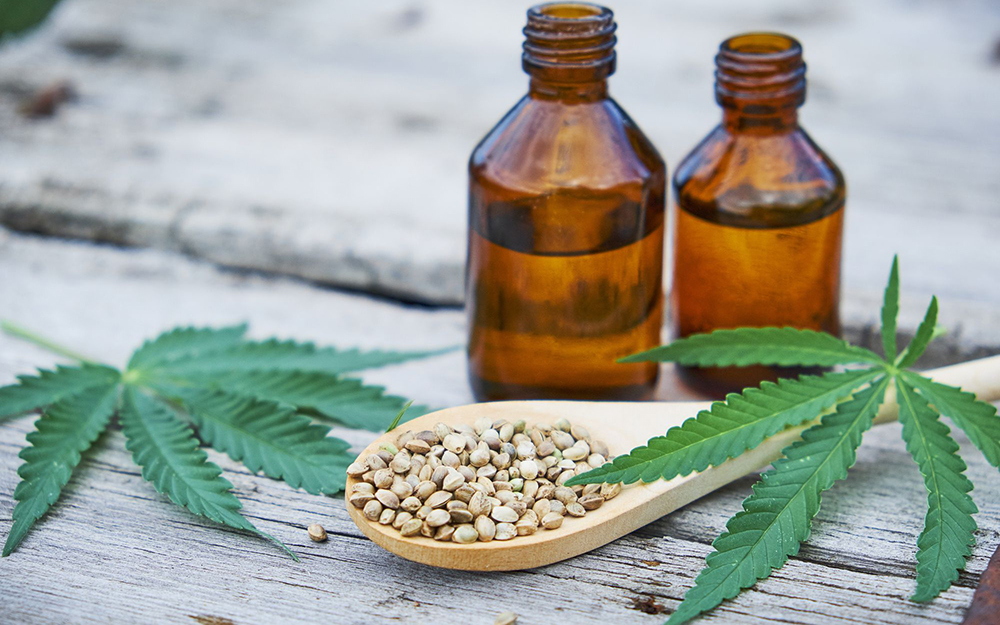
By: Cameron Hattan, VP of Education @ Fiddler’s Greens (www.fiddlers-greens.com)
SOME HISTORY….
Cannabis has been a companion plant for humankind and archaeological evidence has shown that it has been used as food, fiber, fuel, or medicine throughout much of human history across a very broad range of cultures and locations.
What we call it has been a source of debate since the 1700’s. Hemp, cannabis, marijuana, sativa, and indica are all terms associated with the plant that has as many forms and uses as it does names. Today in the United States the difference between hemp and cannabis is purely a legal one. Anything with greater than 0.3% of THC (technically THCA) by dry weight is considered to be cannabis, and is federally illegal in the United States.
Where did this 0.3 percent THC figure come from? It stems from a 1976 taxonomic report by Canadian plant scientists and was never intended to be the legal demarcation between hemp and other forms of cannabis, however, the passage of the Agricultural Act of 2014 (aka the Farm Bill) defined “industrial hemp” for the first time, using this a key factor.
SO, WHAT DOES ALL OF THIS MEAN WHEN I’M CHOOSING A CBD PRODUCT?
Technically, hemp-derived CBD products are illegal in California.
Despite the fact that ‘cannabis’ is federally illegal, many states have decriminalized and regulated it for either medical or recreational use. Ironically, in California, cannabis-based CBD products are regulated and taxed, but there is no mechanism for regulating and taxing hemp-based products containing CBD. In fact, the California Department of Public Health is following the lead of the FDA and has published a memo that states “Until the FDA rules that industrial hemp-derived CBD oil and CBD products can be used as a food or California makes a determination that they are safe to use for human and animal consumption, CBD products are not an approved food, food ingredient, food additive, or dietary supplement.” In essence, any store that is selling hemp-derived CBD consumable products, is breaking both state and federal laws. There is an ongoing debate about whether or not topicals fall under these regulations.
Hemp-derived CBD may not be safe.
Cannabis-based CBD products purchased from licensed dispensaries in CA are subjected to stricter testing than even organic foods. They are tested for potency, pesticides, molds, mildews, and heavy metals, to name a few. Hemp-derived products are not required to undergo any testing. Hemp is a bioaccumulator, meaning it cleans the soil it grows in of toxins and contaminants pulling them up into the plant itself. These can then be concentrated into harmful levels during the extraction process and wind up in the final product if not detected by lab safety testing.
Cannabis-derived CBD is being tracked from seed to sale, so you know where your CBD is coming from. Hemp CBD has no requirements. Prior to the 2018 updates to the Farm Bill, most of the CBD products available in the United States were made from low-resin industrial hemp grown in Europe and China.
Hemp-derived CBD products may not be what they appear to be.
Several independent organizations have purchased hemp-CBD products and had them independently lab tested. They have found a significant number of products containing more or less CBD than claimed on the label, with some containing 0% CBD. Even more alarming, they have found products with THC above the .3%. This is enough to make a new cannabis user high and/or fail a drug test.
HOW DO I FIND A QUALITY CBD PRODUCT?
When choosing a CBD product, look for the following:
- Clear Labels showing the quantity and ratio of CBD and THC per dose, a manufacturing date and batch number (for quality control).
- Products that are tested for consistency, and verified as free of mold, bacteria, pesticides, solvent residues, and other contaminants.
- Products with quality ingredients. No corn syrup, GMOs, transfats, and artificial additives.
- Products that contain more than just CBD isolate. Research is continuing to show that whole plant medicine is more effective than isolated CBD or THC which will be covered in a future article.










































